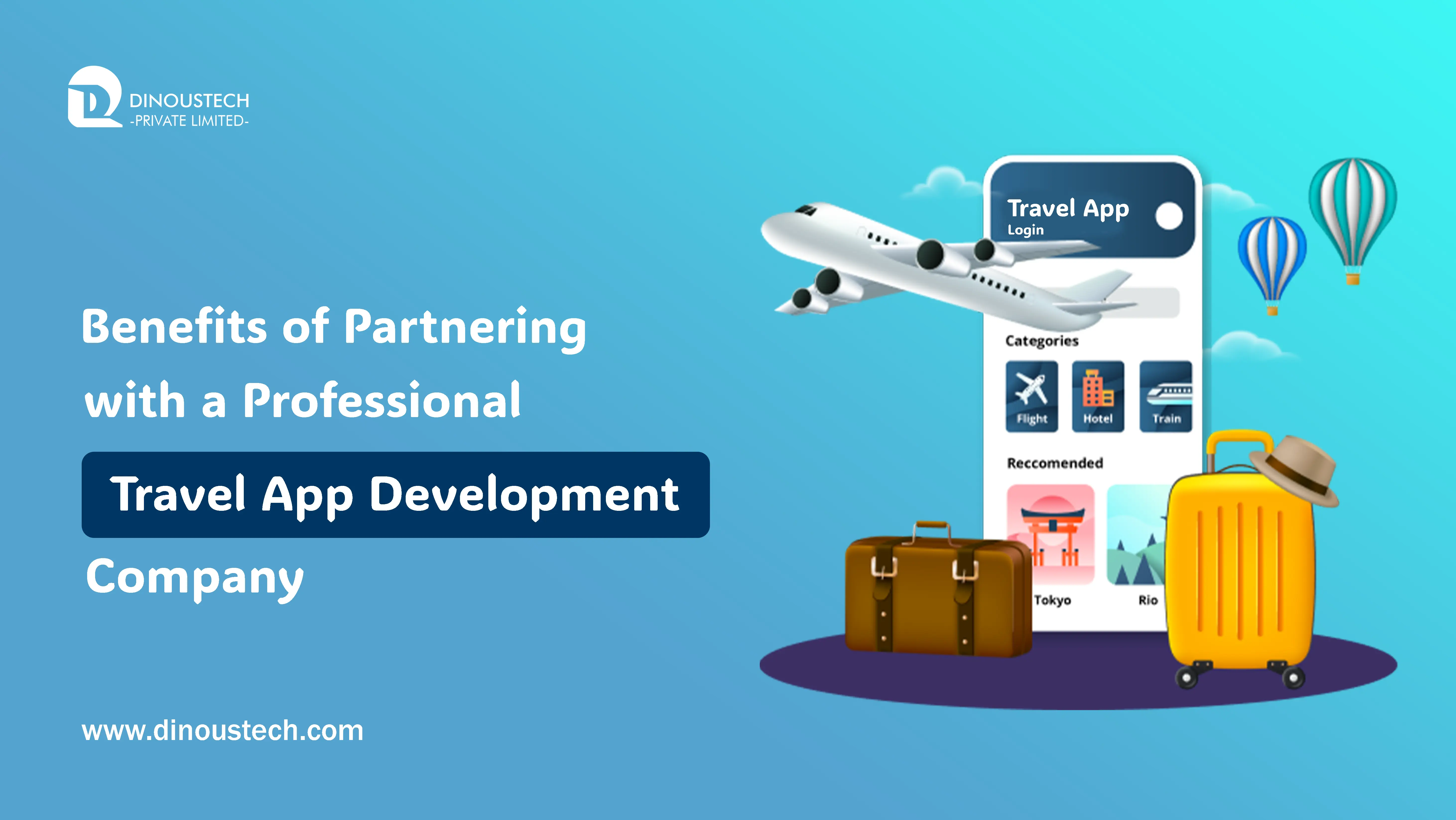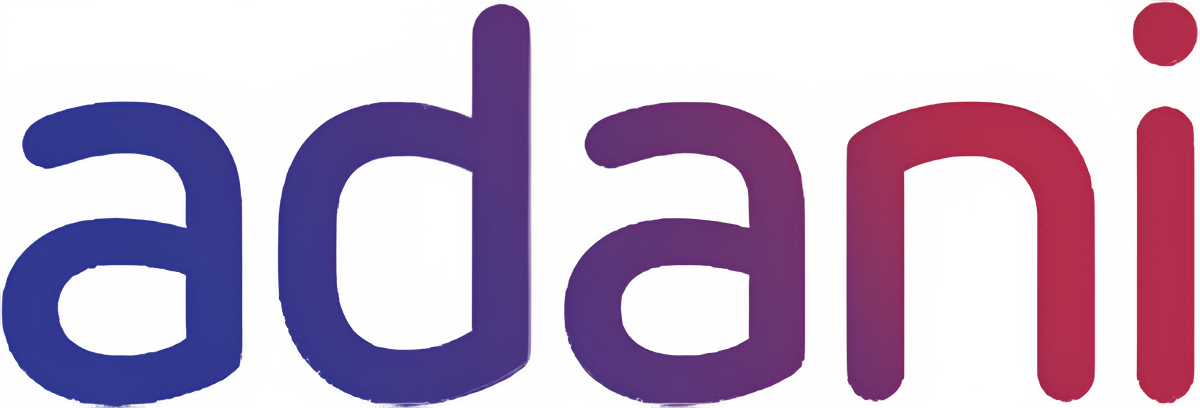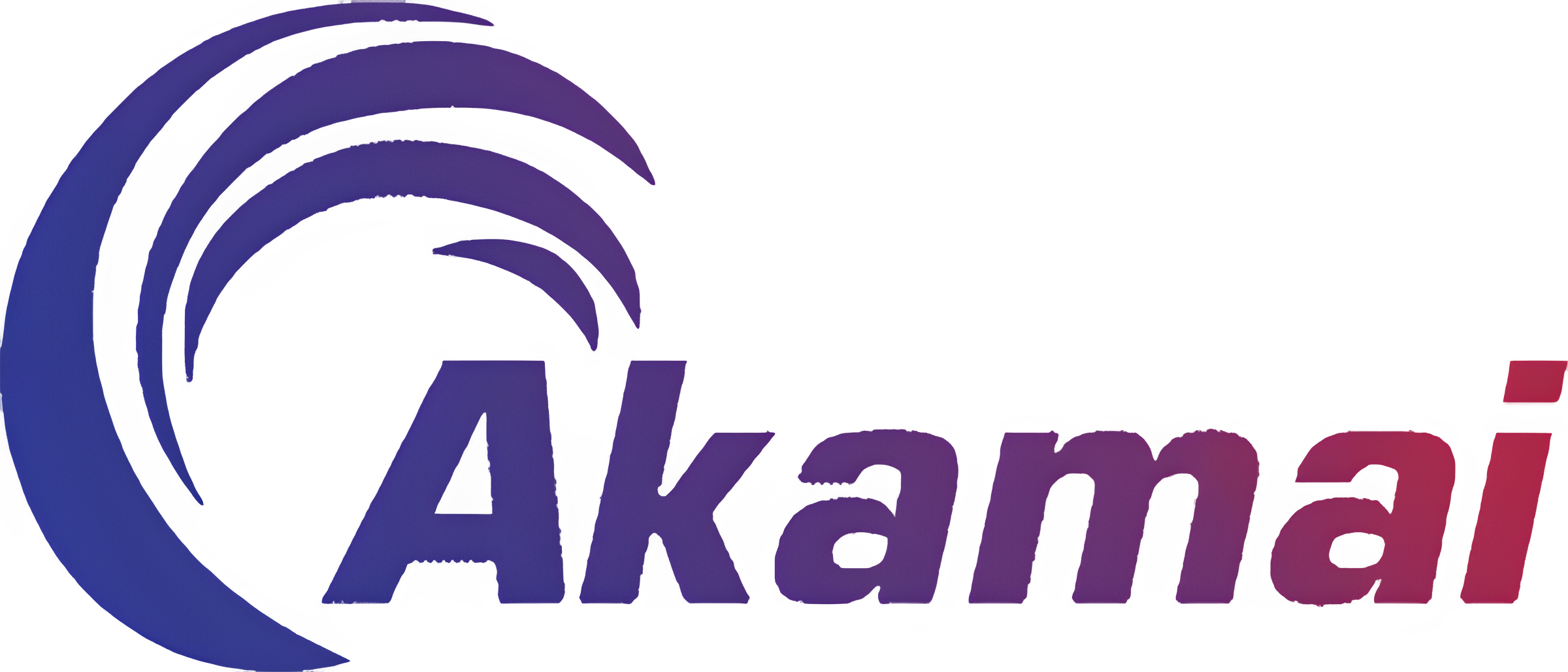Benefits of Partnering with a Professional Travel App Development Company

Partnering with a professional travel app development company offers critical advantages: access to industry expertise, accelerated time-to-market, and tailored user experiences that drive engagement and loyalty. Whether you require a bespoke solution from an iOS app development company or a cross-platform build by a full-service mobile app development company, leveraging specialized teams ensures robust architectures and compliance with travel industry regulations. While mobile app development cost varies—typically starting at USD 25,000 for MVPs and exceeding USD 150,000 for enterprise-grade platforms—cost efficiencies can be achieved through an affordable software development company model that balances onshore project management with offshore engineering. Post-launch, collaboration with an affordable software maintenance company guarantees timely updates, security patches, and feature enhancements. Complementary offerings from a custom website design company and affordable web development services unify your digital presence, while informed decisions on iOS Vs Android app development guide platform strategy. Below, we explore these benefits in detail, supported by industry data and best practices.
1. Deep Industry Expertise and Best Practices
Professional travel app firms bring extensive domain knowledge. They understand booking engines, payment regulations like PCI-DSS, and third-party integration with global distribution systems (GDS) such as Amadeus or Sabre. This expertise reduces development risk and ensures compliance with travel standards. For instance, leading travel platforms demonstrate that apps developed with industry best practices achieve 99.9% uptime and 30–50% higher booking conversion rates due to optimized search and caching strategies.
These companies also stay abreast of emerging trends—such as AI-driven personalization and dynamic packaging of flights, hotels, and tours—letting you integrate advanced features without extensive R&D. According to Phocuswright, personalized recommendations can boost ancillary revenue by up to 25% in travel apps. This level of insight is typically unavailable from generalist agencies.
2. Accelerated Time-to-Market
Time-sensitive promotions and seasonal travel peaks demand rapid deployment. A dedicated travel app development company leverages reusable components and proven frameworks, cutting development cycles by up to 40% compared to ad-hoc builds. For startups and enterprises alike, this agility translates into capturing market share during key booking windows (e.g., summer holidays, business travel seasons).
By contrast, in-house efforts often get bogged down in learning curves and trial-and-error. Engaging specialists ensures parallel workstreams—design, frontend, backend, QA—leading to simultaneous progress and continuous integration. Continuous delivery pipelines further streamline releases, maintaining momentum toward launch.
3. Optimized User Experience and Engagement
Travel apps must balance simplicity with rich functionality: intuitive search, secure payments, itinerary management, and real-time notifications. Professional designers from a custom website design company craft cohesive brand experiences across mobile and web, using principles like progressive disclosure and micro-interactions to reduce cognitive load.
Features such as interactive maps, geofencing alerts for airport pickups, and in-app messaging with customer support elevate user satisfaction. Data from App Annie shows apps with superior UX retain users 2x longer and achieve 40% higher session lengths. A mobile app development company with a UI/UX focus ensures these engagement metrics.
4. Cost Efficiency and Transparent Budgeting
Understanding mobile app development cost early is crucial. Basic travel booking apps begin around USD 25,000–40,000 for MVP versions, including user registration, search, and payment flows. Adding loyalty programs, multi-language support, and push notifications raises costs to USD 60,000–100,000, while full-featured platforms with AI recommendations and offline mode can exceed USD 150,000.
Partnering with an affordable software development company—often with offshore engineering centers—can lower hourly rates to USD 25–50, slashing overall budgets by 30–50% without compromising quality. Transparent fixed-price models and milestone-based payments further reduce financial risk, as opposed to unpredictable in-house payrolls.
5. Robust Maintenance and Long-Term Support
Travel apps must adapt to changing airline APIs, hotel inventory systems, and regulatory shifts in real time. An affordable software maintenance company offers SLAs guaranteeing 24/7 monitoring, patch management, and feature updates. Industry benchmarks recommend allocating 15–20% of initial development costs annually for maintenance to ensure security, compliance, and performance.
Proactive monitoring tools, such as New Relic or Datadog, detect performance bottlenecks—like slow API responses during flash sales—and trigger auto-scaling or optimizations before end users notice issues. Continuous improvement cycles keep your app competitive and secure.
6. End-to-End Digital Presence: Web and Beyond
A holistic digital strategy integrates mobile and web. Affordable web development services can implement responsive websites with SEO-optimized content, blog sections for travel tips, and integrated booking widgets that feed into mobile apps. This synergy boosts organic traffic and facilitates cross-device customer journeys. Many travelers research on desktop and book via mobile, so unified authentication and reservation sync enhance conversion rates by up to 25%.
Unified analytics platforms (Google Analytics, Mixpanel) track user behavior across channels, informing personalization algorithms and marketing campaigns. A custom website design company ensures brand consistency, accessibility, and compliance with web standards.
7. Strategic Platform Decisions: iOS Vs Android App Development
Deciding between native and cross-platform approaches, and prioritizing iOS or Android, impacts reach and cost. iOS users typically exhibit higher transaction values—average order values are 20–30% greater than Android users—making an iOS app development company the top choice for luxury travel segments. Android’s dominance in emerging markets necessitates broad coverage, especially for price-sensitive travellers.
Cross-platform frameworks like Flutter can cover both ecosystems from a single codebase, reducing mobile app development cost by up to 40%, though they may lack some advanced native features. A phased approach—launch on one platform first, then expand—can balance speed, budget, and market coverage.
8. Integration with Emerging Technologies
Professional travel app partners stay ahead of innovations: voice booking assistants integrated with Alexa or Google Assistant, AR-based hotel room previews, and blockchain-enabled loyalty points. These differentiators, while not core to MVPs, unlock new engagement and revenue streams. Early integration of modular architectures simplifies adding such features later without major rewrites.
9. Data-Driven Personalization and Loyalty
Leveraging user data—preferences, past trips, and demographic profiles—enables targeted promotions and personalized travel recommendations. Using BigQuery or AWS Redshift data warehouses, and ML models deployed via TensorFlow or SageMaker, travel apps can offer dynamic suggestions and upsells, boosting ancillary revenue by up to 20%. Loyalty programs implemented through in-app wallets encourage repeat bookings, driving long-term customer lifetime value.
10. Choosing the Right Partner: Key Criteria
When selecting a travel app development company, consider:
- Domain Expertise: Proven track record in travel or related booking platforms.
- Technical Stack: Native iOS/Android prowess alongside cross-platform skills.
- Design Excellence: UI/UX focus for high engagement.
- Cost Transparency: Clear estimates, milestone billing, and offshore cost advantages.
- Maintenance and Growth: SLAs for ongoing support and feature roadmaps.
Leading firms like Dinoustech Private Limited combine all these attributes, offering end-to-end solutions that span from iOS app development company services to affordable web development services, ensuring your travel app’s success in a competitive market.

















